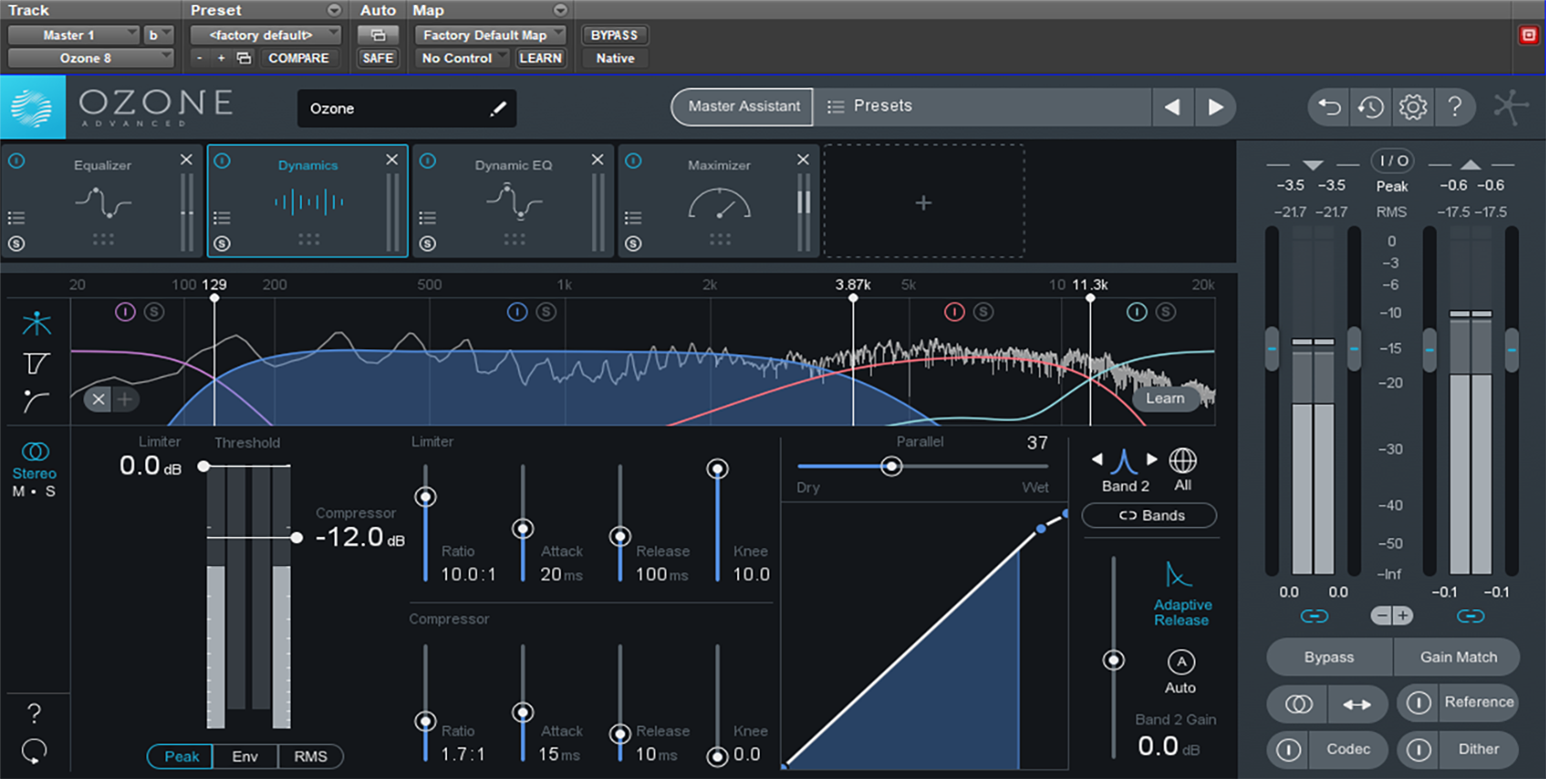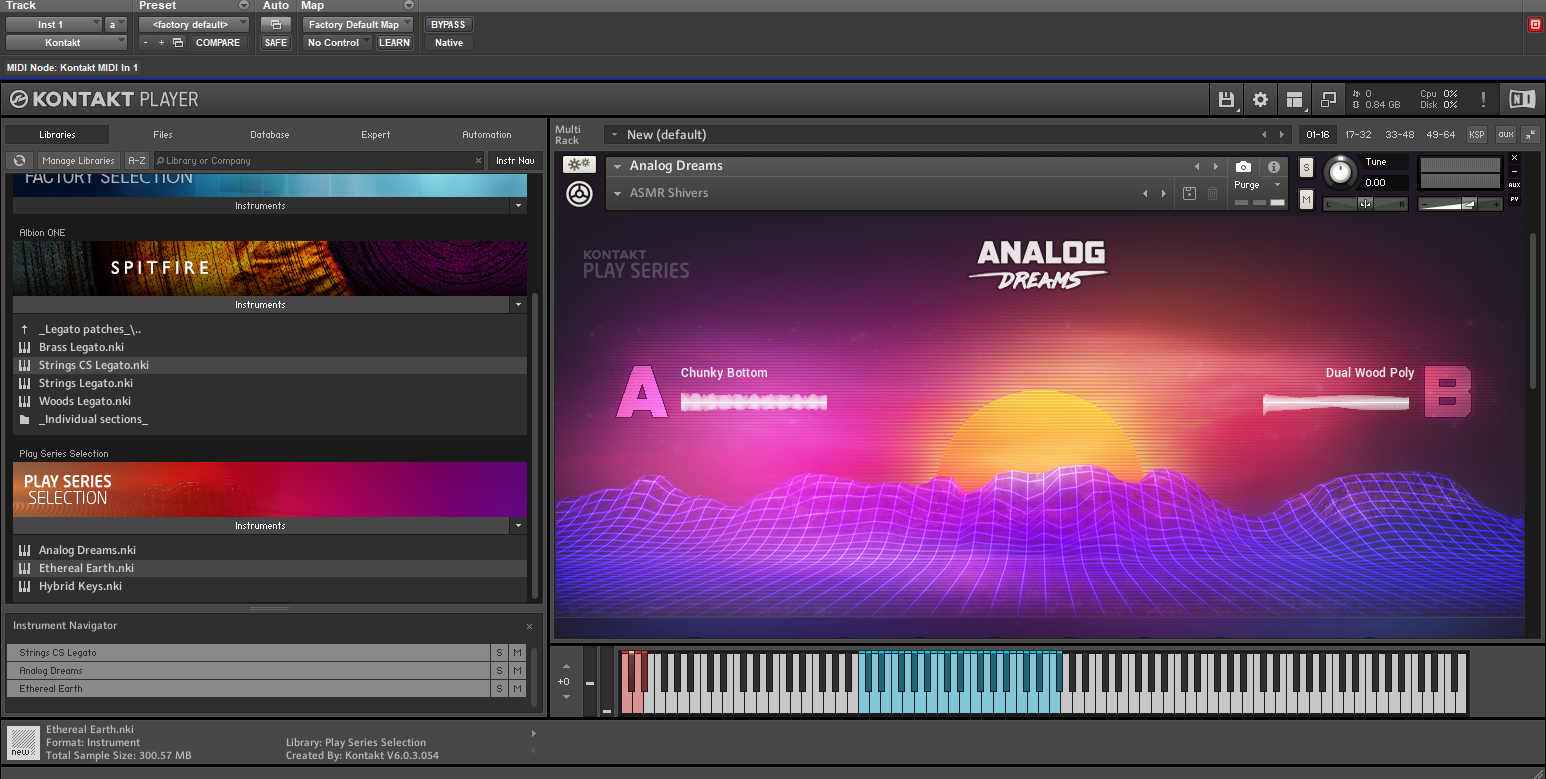These aren’t the books you’re looking for: Inventory project highlights misplaced materials
Have you ever gone looking for a book in the stacks and not been able to find it even though you know you’re looking in the right place? Yeah, us too. And we agree, it’s very annoying. When materials aren’t where we expect them to be, it can, at best, cause frustration for our users, and at worst, delay access to materials they need for important research projects. In any library, keeping materials organized and easily able to be located is an essential job, and its one that we in the IDEAS (Information Delivery and Access Services) department take very seriously. This year, we’ve expanded our usual stacks maintenance plan to include the first item-by-item stacks inventory in recent memory.
By scanning each item in the collection one at a time, we’re able to quickly assess whether an item has been misplaced or misshelved, whether its online record doesn’t match the physical book, or whether there’s a larger problem such as the item not being in the catalog at all. How might such problems arise, you may be wondering? Well, there’s a few different things that may have happened, but the most common scenario is that someone went looking for a book and couldn’t find it. After it was missing for long enough, that book was eventually marked missing and then withdrawn, so no one else expects to find it in the stacks – at least not until we’re able to acquire a replacement. Sometimes these books are genuinely missing, but most often they’ve been shelved far from where we expect them to be, perhaps because a patron or library shelver didn’t know where they belonged or because the spine label for some reason didn’t match the online catalog. By doing an inventory, we’ve been able to quickly find problem items and fix the issue.
To begin this project, we first asked Greg McClellan in Library Technology Services to build an API based on code developed at Georgetown. (Many thanks to Access Services librarian Nicole Thomas for attending their session at the ELUNA conference last year and bringing the idea back to us!) The inventory tool allows you to scan barcodes one at a time and alerts you when it finds certain pre-coded errors in Alma, our integrated library system – typically an invalid location, suppressed bib, or item not found. Students have been working in shifts in pre-assigned sections, taking spare Surfaces and barcode scanners up to the stacks.
This is an example of a book we found on the shelves in the Oversize section that had been withdrawn. Note the title is highlighted green so students know to pull it and route it to IDEAS for correction.
The API also allows you to manually flag for errors to the physical item, such as an incorrect spine label or item in need of mending and even tells you when books have been shelved out of order by comparing each item’s call number to the previous scan. At the end of a scanning session, students can export their data to Google sheets, so we’ve been able to maintain a complete record of which materials have already been scanned.
As of the building closure in March, a team of nine student workers have scanned 85,000 items in our collection, alerting us to hundreds of problem items. IDEAS has been able to address many of these problems ourselves, but the majority have gone to our metadata department, RADS, for correction. Toby, Karen, and Cheryl have done a phenomenal job keeping up with all the materials ending up on their desks, enabling us to get materials back on the shelves and in students’ hands that much faster.
Our initial goal was to have the project completed by June. Of course, with the building closure, this will have to be adjusted, but we’re excited to get back at it as soon as we can!



